True or false: sleep deprivation causes more road accidents than alcohol
True. There is also less awareness of the risk of accidents caused by sleep deprivation, which makes driving while tired insidiously dangerous. What level of drunkenness is equivalent to one night's sleep? Matleena Näppilä, occupational health physician at Terveystalo.
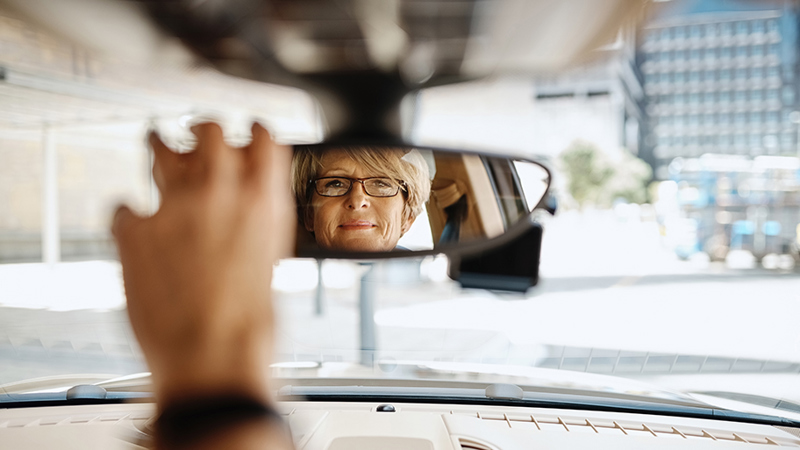
Research shows that a driver with untreated sleep apnoea has more than three times the risk of being involved in a road accident compared to a healthy driver. However, drugs are a slightly higher cause of fatal road accidents than fatigue.
– On the other hand, it is common knowledge that driving while intoxicated is illegal and dangerous. Most drivers are vigilant and act responsibly. There is less awareness of the increased risk of accidents due to fatigue and sleep deprivation. This makes driving while tired insidiously dangerous," says Matleena Näppilä, an occupational health physician at Terveystalo.
Sleep deprivation significantly slows down your ability to react on the road: one night of sleeplessness equals 0.6 parts per million drunk
When tired, people's perceptive abilities are impaired, their problem-solving ability slows down and reaction times increase.
– In other words, it takes longer to spot a moose on the roadside, for example, and then longer to take the right evasive action or brake," Näppilä explains.
In sleep, the brain cleanses itself of harmful metabolites, processes daytime stimuli and stores energy for the next day. Sleep plays an important role in maintaining the brain's metabolism and thus its cognitive abilities.
– After one night of sleep, performance is on a par with that of a 0.6 ppm drinker. This has been found by studying the cognitive impairment caused by both sleep deprivation and drunkenness.
Fatigue accidents are mainly encounter accidents: the co-driver reduces the risk
Sleep deprived driving is unstable and unsafe. When people with sleep deprivation are observed driving with a driving simulator, a significantly higher level of lateral protection of the car is observed.
– So the car is swaying sideways in the lane more than normal. According to the Accident Data Institute (OTI), fatigue accidents are mainly collisions, where a tired driver's car drifts out of his lane into oncoming traffic or, for example, a barrier on a kerb," says Näppilä.
The majority of fatigue accidents occur when the driver is alone in the car.
– Studies show that 71% of fatigue accidents involve a driver driving alone. This means that there was no co-driver to keep the driver alert and awake," Näppilä points out.
You shouldn't drive on less than six hours' sleep: recognise these symptoms
On average, an adult needs 7-9 hours of sleep a night.
– People have had enough sleep when they feel refreshed soon after waking up and the feeling of tiredness does not unduly restrict their daily activities, such as work and hobbies, Näppilä says.
Understanding your own sleep needs helps you assess the risk of getting on the road.
– If you know that you usually need eight hours of sleep to be alert and fit for work, you should not drive on less than six hours of sleep. For example, in a recent study by Juhani Kalsi, an independent risk factor for fatigue-related fatal crashes was found to be less than six hours' sleep.
After a bad night's sleep, you wake up tired and don't feel refreshed in the morning. Thought processes are slow and you may feel stiff and irritable.
– It makes sense to leave the car at home or go to the co-driver's place yourself. Even one bad night's sleep at the weekend, for example, is dangerous for driving. According to the OTI report, 76% of fatigue accidents occurred on a leisure trip.
There are many treatments for insomnia
– When insomnia persists for a long time and interferes with your everyday life, work and hobbies, you should seek medical advice. If you suddenly lose all sleep at night, you should also have a more detailed assessment. There are many medical and non-medical treatments for insomnia," Näppilä says.
Read more articles

Terveystalo's digital services have been awarded the internationally recognized ISO27001 information security certification.
Terveystalo's information security practices, processes, and risk management are in line with international best practices.
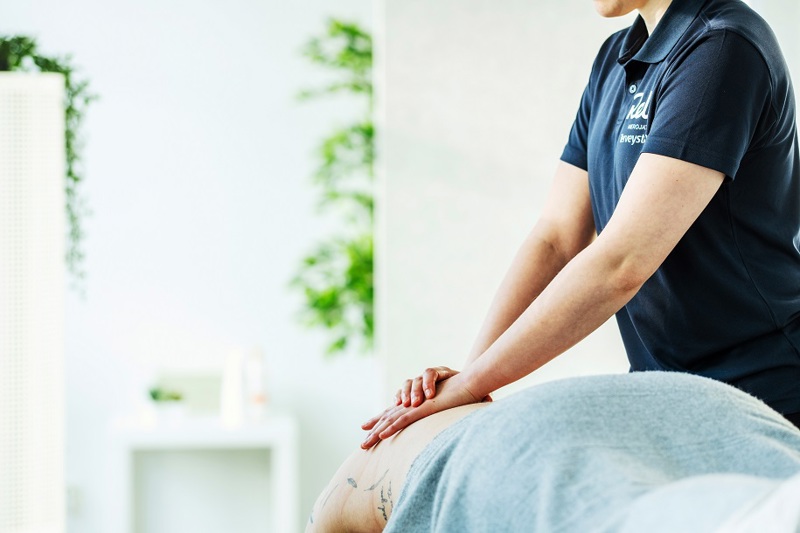
Does massage help relieve stress? – Touch restores and calms the body and mind
Stress is not always visible on the outside, but the body does show signs when the strain increases. According to Lassi Ylönen, a trained massage therapist at Terveystalo Rela, the body often communicates stress through subtle signs.
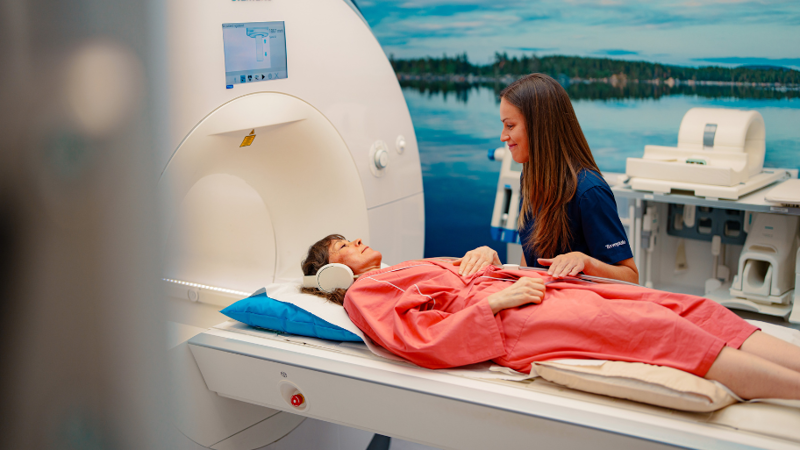
Circular economy and artificial intelligence boost performance and improve care
At the heart of sustainable healthcare, technology serves as a tool for improving both the quality of care and accountability. Terveystalo favors solutions that combine sustainability, cost-effectiveness, and medical expertise.
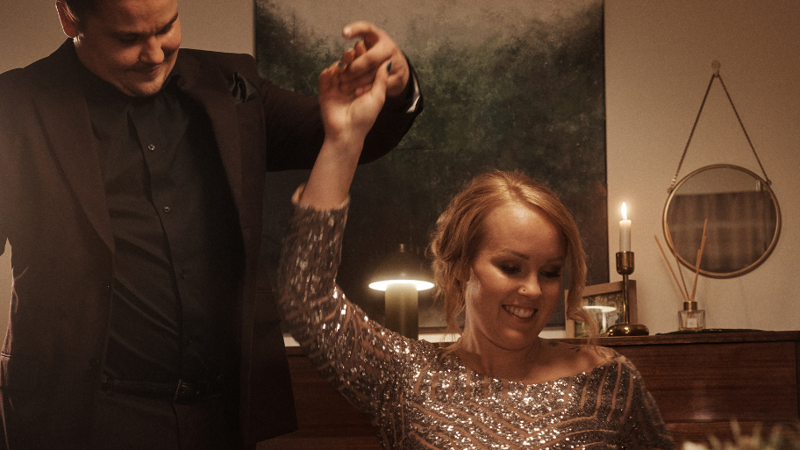
Psychologist: How to make Christmas a relaxed and personal celebration
For many, the anticipation of Christmas begins when cities are decked out in seasonal lights and the first chocolates, calendars, and gingerbread cookies appear on store shelves. Christmas carols ring out and the Tonttuparaati choir sings “Kiire jo on! Kiire jo on!” (Hurry up! Hurry up!). This warm and atmospheric celebration also brings other feelings to mind: how on earth can we get through all this without losing our joy and peace in the rush?
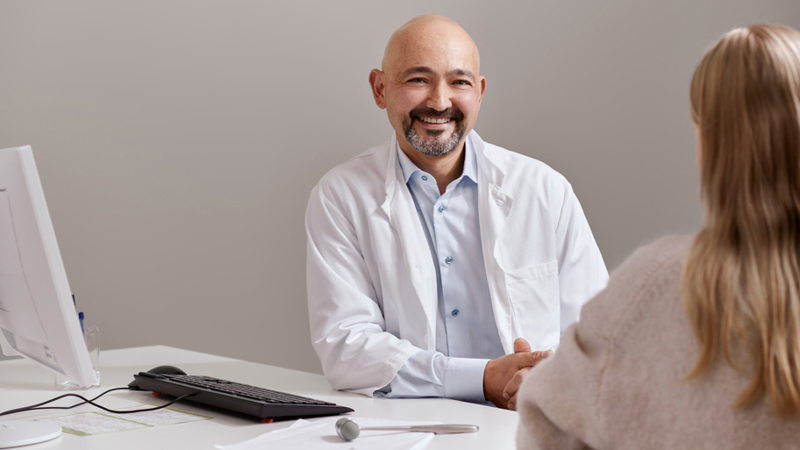
Terveystalo and Gosta Labs deepen their cooperation: the goal is to streamline work with a superior patient information system
Terveystalo is deepening its cooperation with Finnish health technology company Gosta Labs and investing €1 million in the company as a minority investor. The aim is to jointly develop artificial intelligence solutions that improve the quality of care and the efficiency of reception work as part of Terveystalo's new patient information system, Terveystalo Ella.

First aid preparedness in companies requires action and courage
First aid skills increase resilience, but a barometer survey of Finnish organizations' first aid capabilities published in October reveals that the number of trained personnel is alarmingly low.